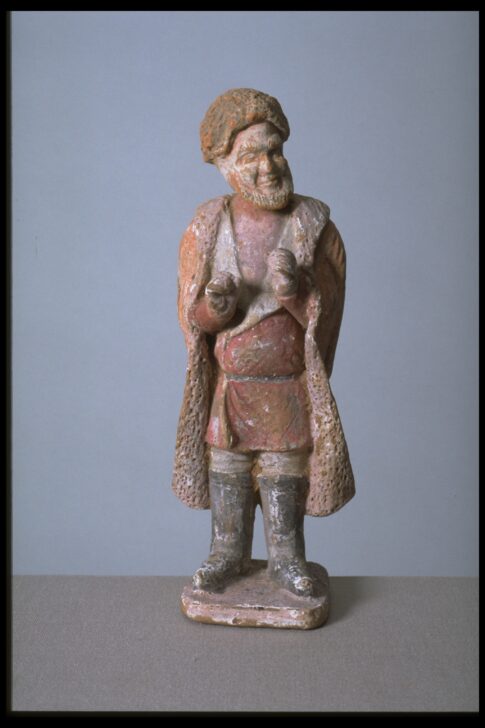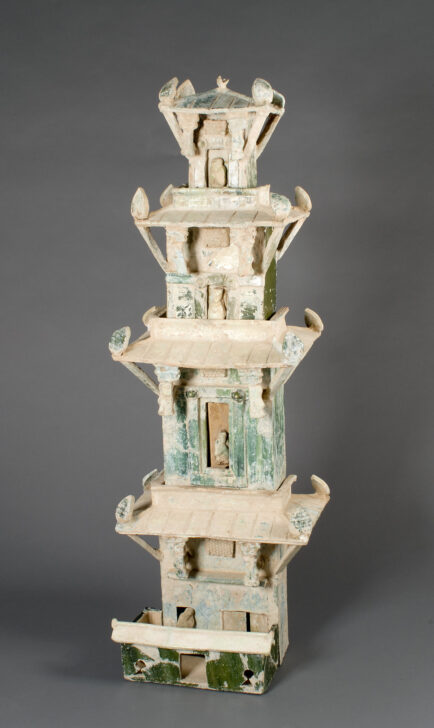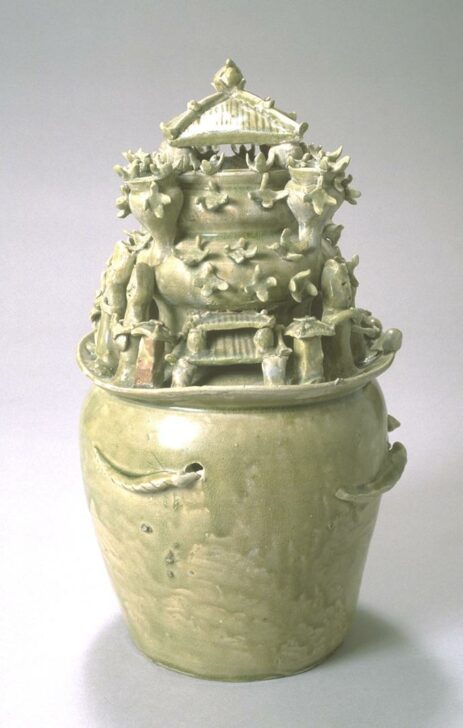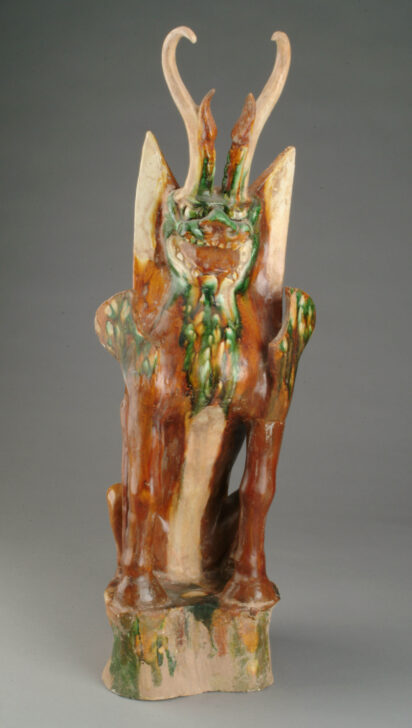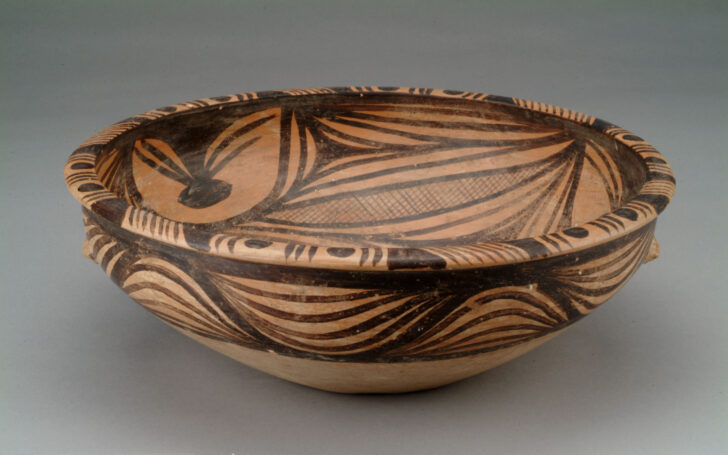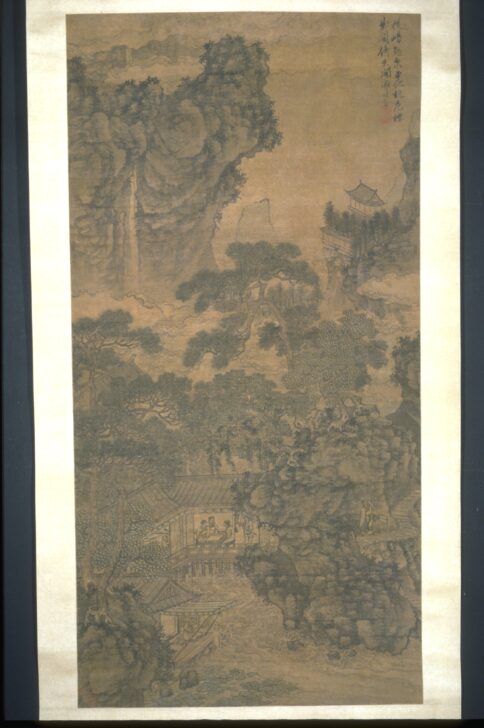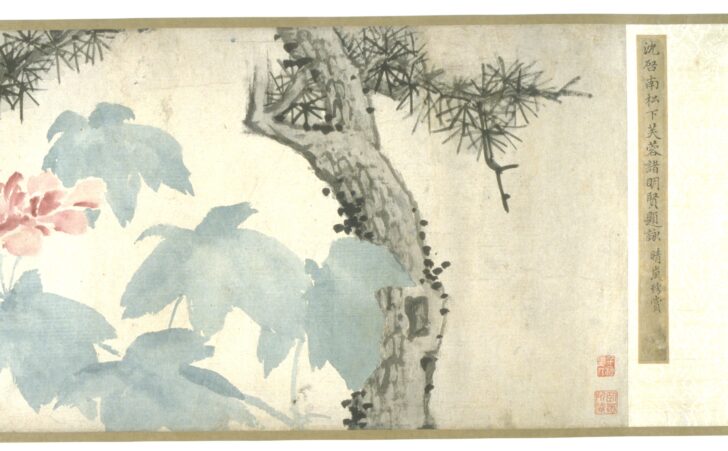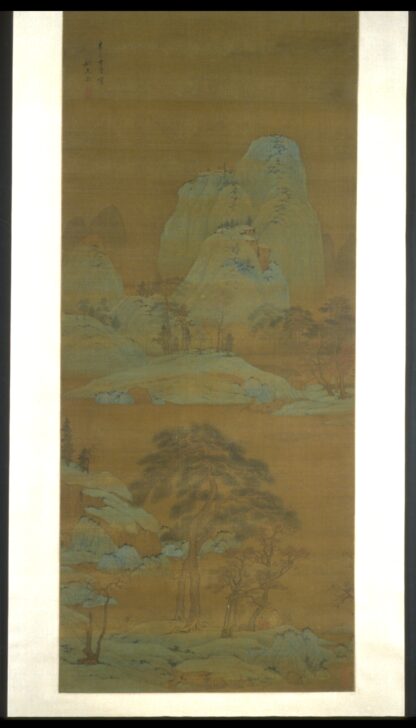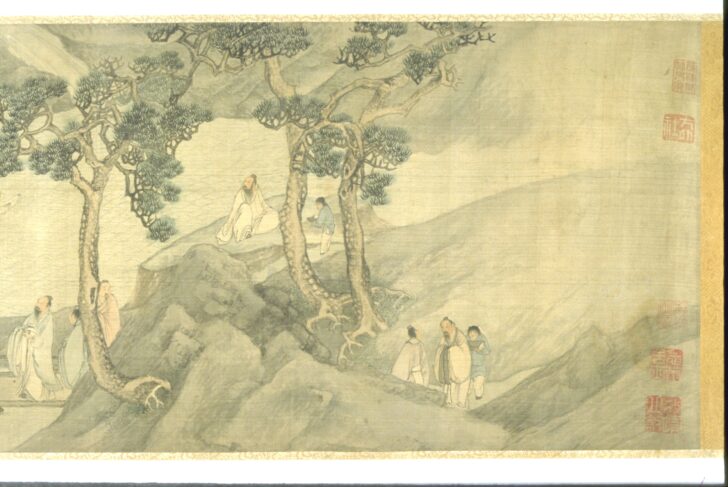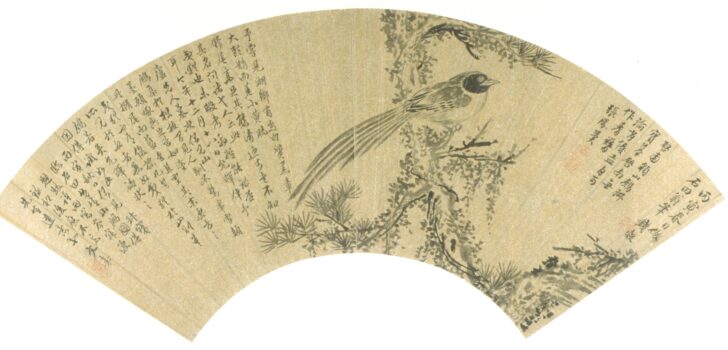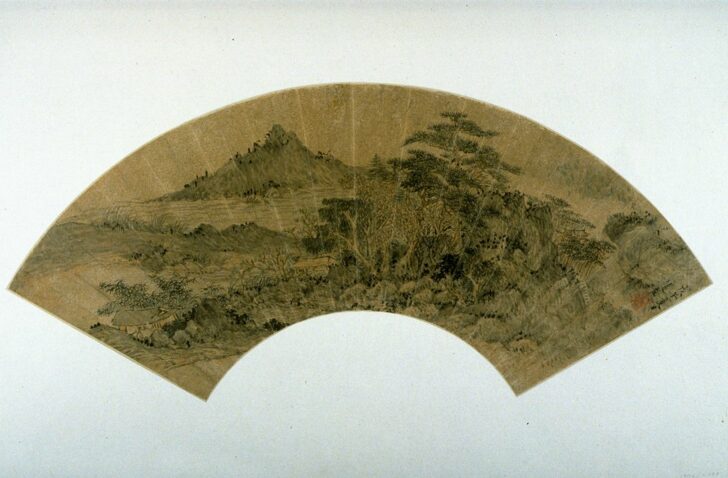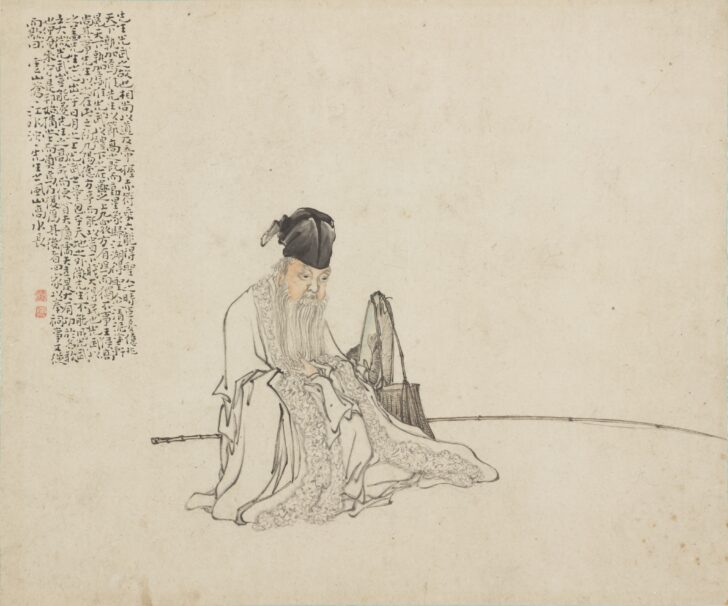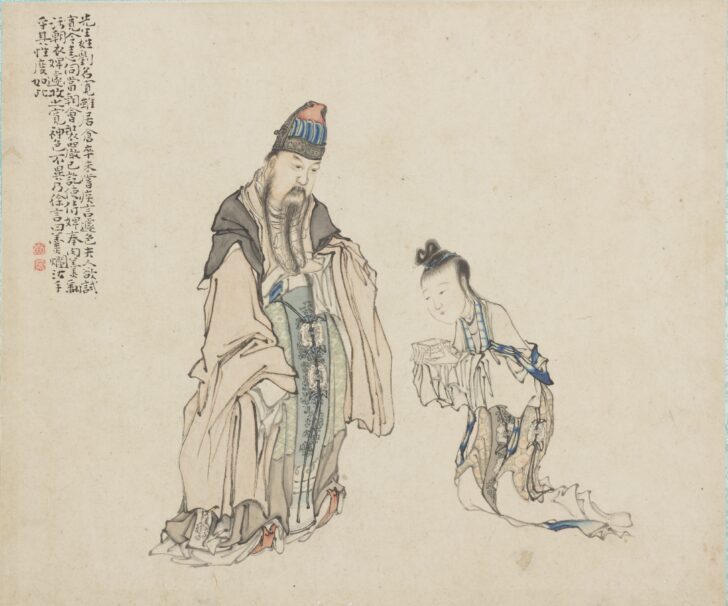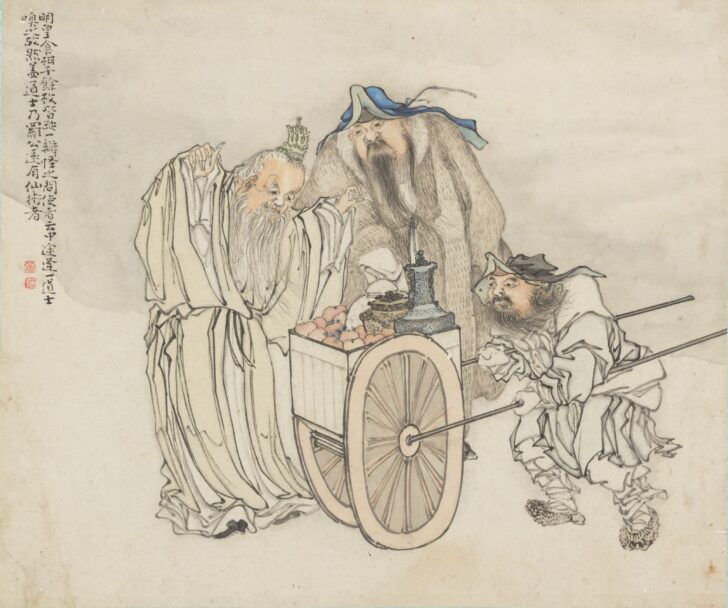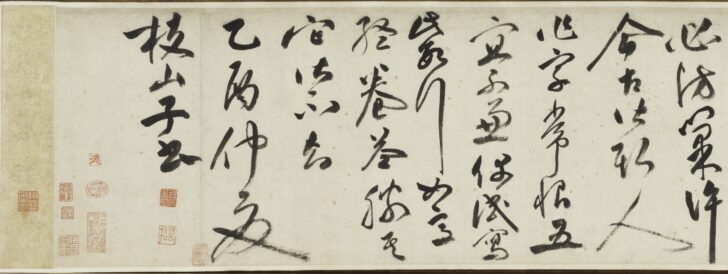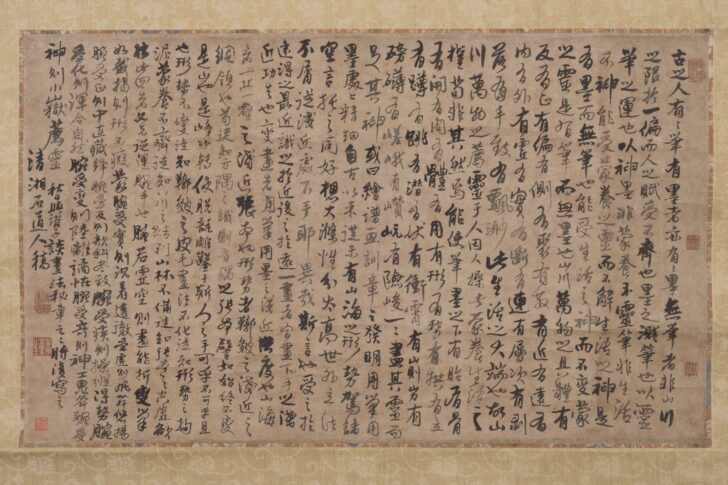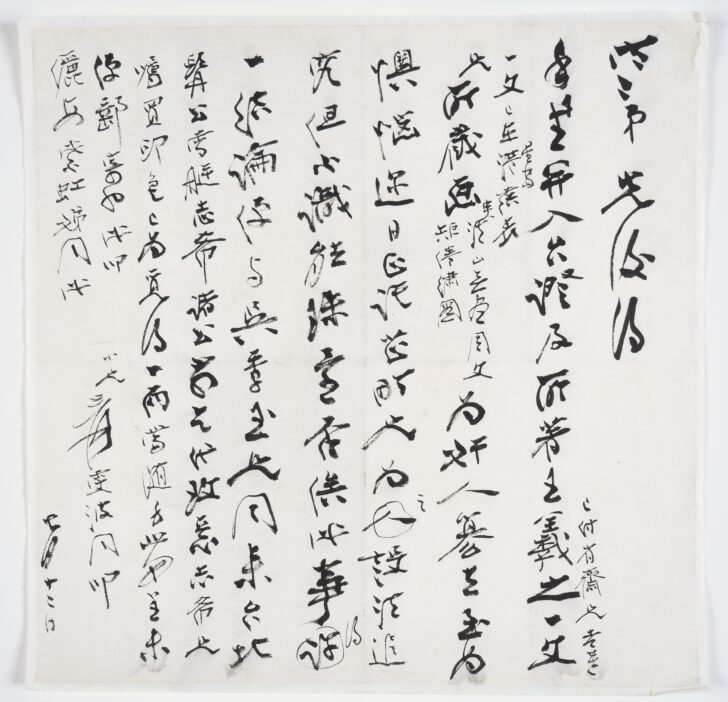Chinese Object Study Workshops
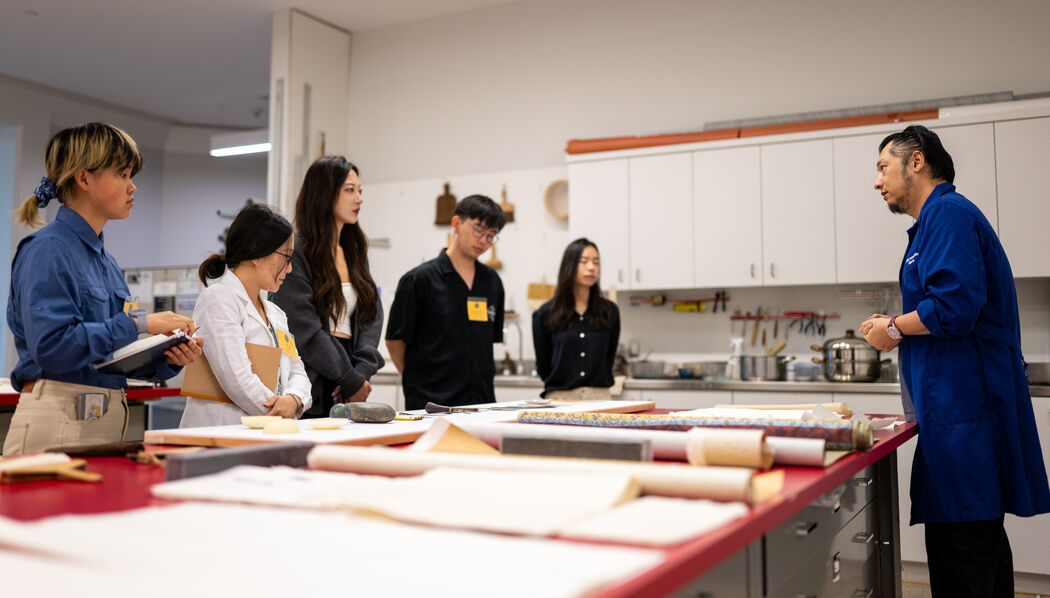
Chinese Object Study Workshops is a program providing graduate students studying Chinese art history an immersive experience in the study of Chinese objects in North American museum collections.
This program underscores the critical importance of sophisticated visual analysis in the field of art history, a skill that is cultivated through direct engagement with objects during a week-long workshop (Monday-Friday). This program is dedicated to preserving and advancing the tradition of direct object study, ensuring that the next generation of art historians is equipped with the essential skills to interpret and appreciate Chinese art.
For inquiries, please contact cosw-info@umich.edu.
Applications for 2026 workshops are now closed.
2026 Workshops
The Wan-go H.C. Weng Gift to the Museum of Fine Arts, Boston
June 15 — June 19, 2026
Location: Museum of Fine Arts, Boston
The Materiality and Visuality of Chinese Domestic Gods
This ROM workshop opens a rare window onto under-researched fields: not only the material creation of worship within the home, but also artisanal workshops, their tools, models, and conventions for making images of domestic gods in different media.
August 17 — August 21, 2026
Location: Royal Ontario Museum, Toronto
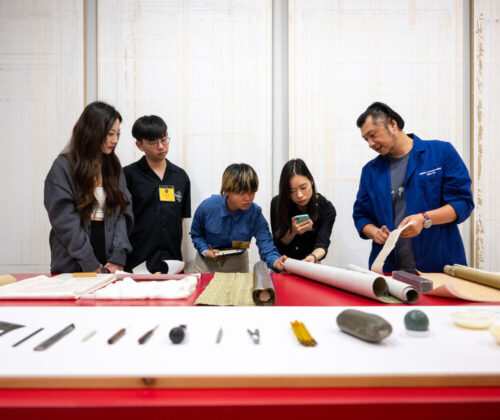
What to expect
Participants in each workshop spend the week engaged in intensive object study, discussion, and research with a small group of other graduate students, faculty members, and curators and conservators from the host museum.
In addition, participants are required to:
- Complete assigned reading in advance
- Complete a research project based on an object or objects they encountered
- Present this project to fellow workshop students and leaders (often via Zoom)
- Follow the presentation with a written report shared with the workshop host museum
Lodging, most meals, and a transportation stipend will be provided to each participant.
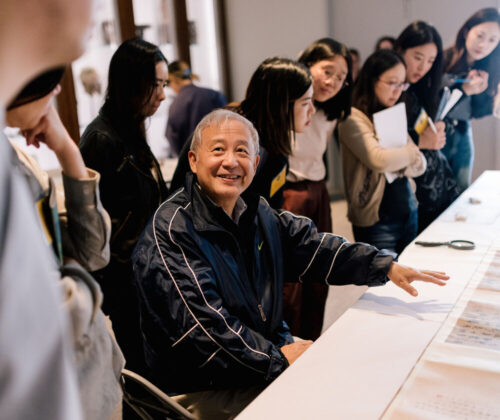
Who Can Apply
The program is open to graduate students enrolled in, or accepted to, a PhD program in Chinese art history at North American universities, and we occasionally consider applications from students at European universities. Graduate students from other art history–related programs and/or who are working closely with Chinese art objects are welcome to apply as well. Applicants may be of any nationality and may apply for more than one workshop. Each workshop is designed for around 10 students.
Explore Chinese art at UMMA
SUPPORT
This program is funded by a generous grant from the Kingfisher Foundation and advised by a steering committee: Jonathan Hay, Institute of Fine Arts, NYU; Stephen Little, Los Angeles County Museum of Art; Lihong Liu, University of Michigan; Natsu Oyobe, University of Michigan Museum of Art; Kathleen Ryor, Carleton College; Joseph Scheier-Dolberg, Metropolitan Museum of Art; Jan Stuart, National Museum of Asian Art; and Peter Sturman, University of California, Santa Barbara. The University of Michigan Museum of Art is administering the program.

Sign Up for Updates
"*" indicates required fields
